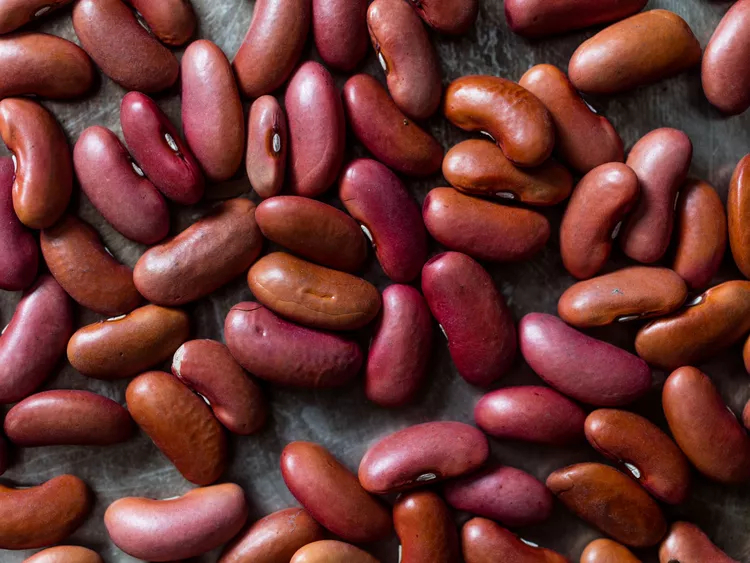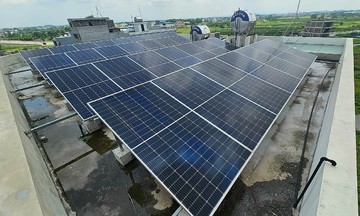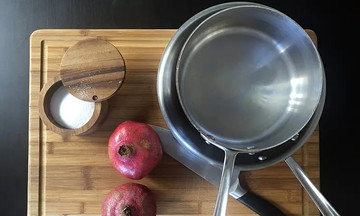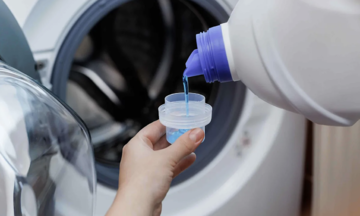This experiment was conducted by J. Kenji Lopez-Alt, former culinary director of Serious Eats. He is the award-winning author of several cookbooks written from a scientific perspective.
In the study, black beans and kidney beans were divided into four groups and soaked in water, salt, baking soda solution, and a combined salt and baking soda solution, respectively.
The results showed that beans soaked in salt or baking soda solution softened faster than those soaked in plain water. Baking soda was more effective than salt, resulting in softer beans after cooking.
However, the combination of salt and baking soda maximized the beans' creaminess while significantly reducing cooking time.
 |
Soaking beans in salt and baking soda results in faster softening and creaminess. Photo: Serious Eats |
Soaking beans in salt and baking soda results in faster softening and creaminess. Photo: Serious Eats
The reason for this is that beans naturally contain a "glue-like" substance called pectin, which makes them hard and slow to cook. Soaking beans with both salt and baking soda provides ample sodium, which weakens this pectin layer, making it dissolve more easily during cooking.
The standard soaking solution recipe: 3 tablespoons (36g) of regular table salt and nearly 2 teaspoons (10g) of baking soda in 2 liters of water for about 450 grams of dried beans, soaked overnight.
Besides soaking, another method to reduce cooking time is using a pressure cooker. However, when combining the baking soda and salt soak with pressure cooking, it's advisable to reduce the soaking time or decrease the amount of salt and baking soda to prevent the beans from becoming overly mushy.
Bao Nhien (Serious Eats)












